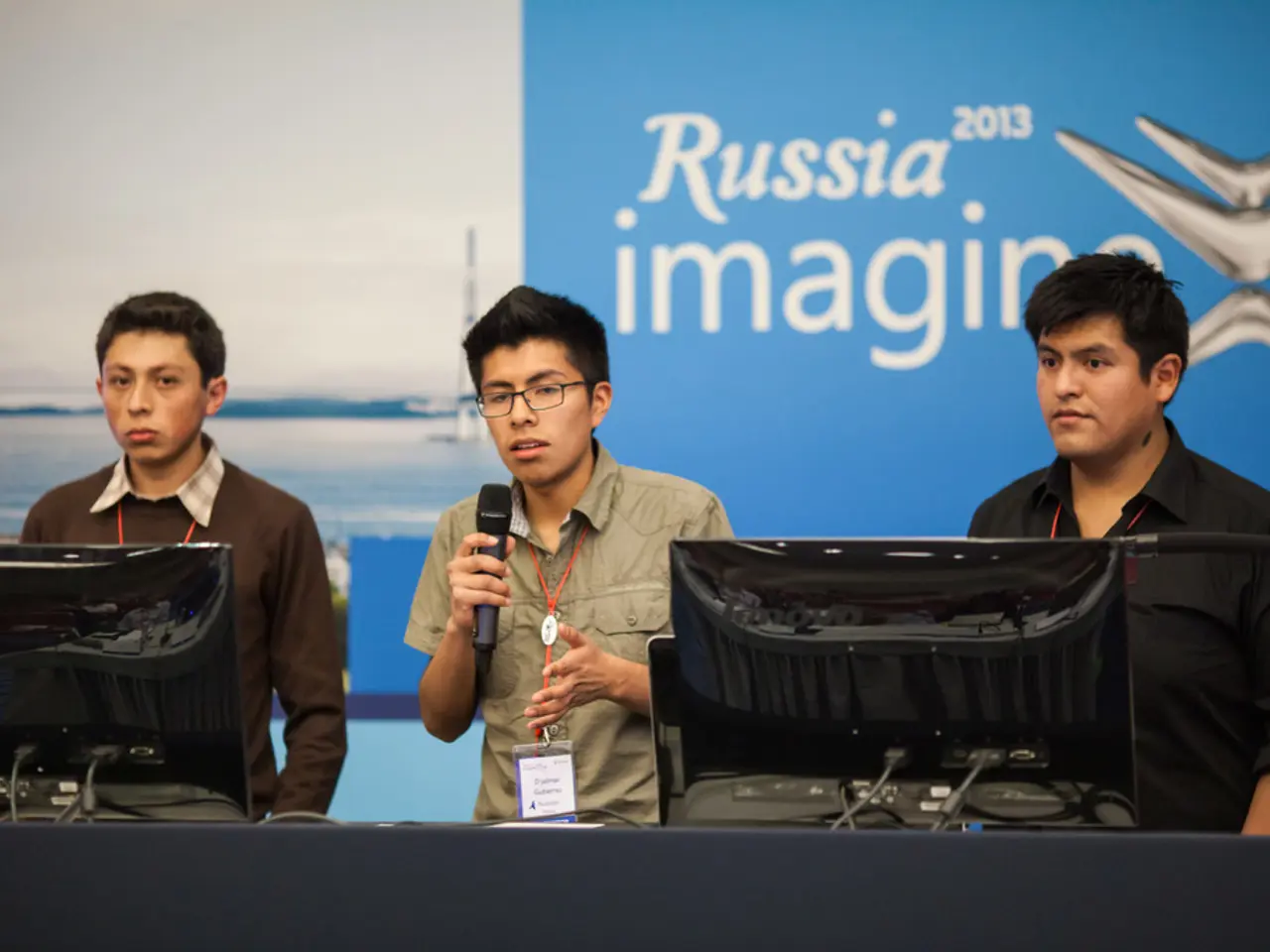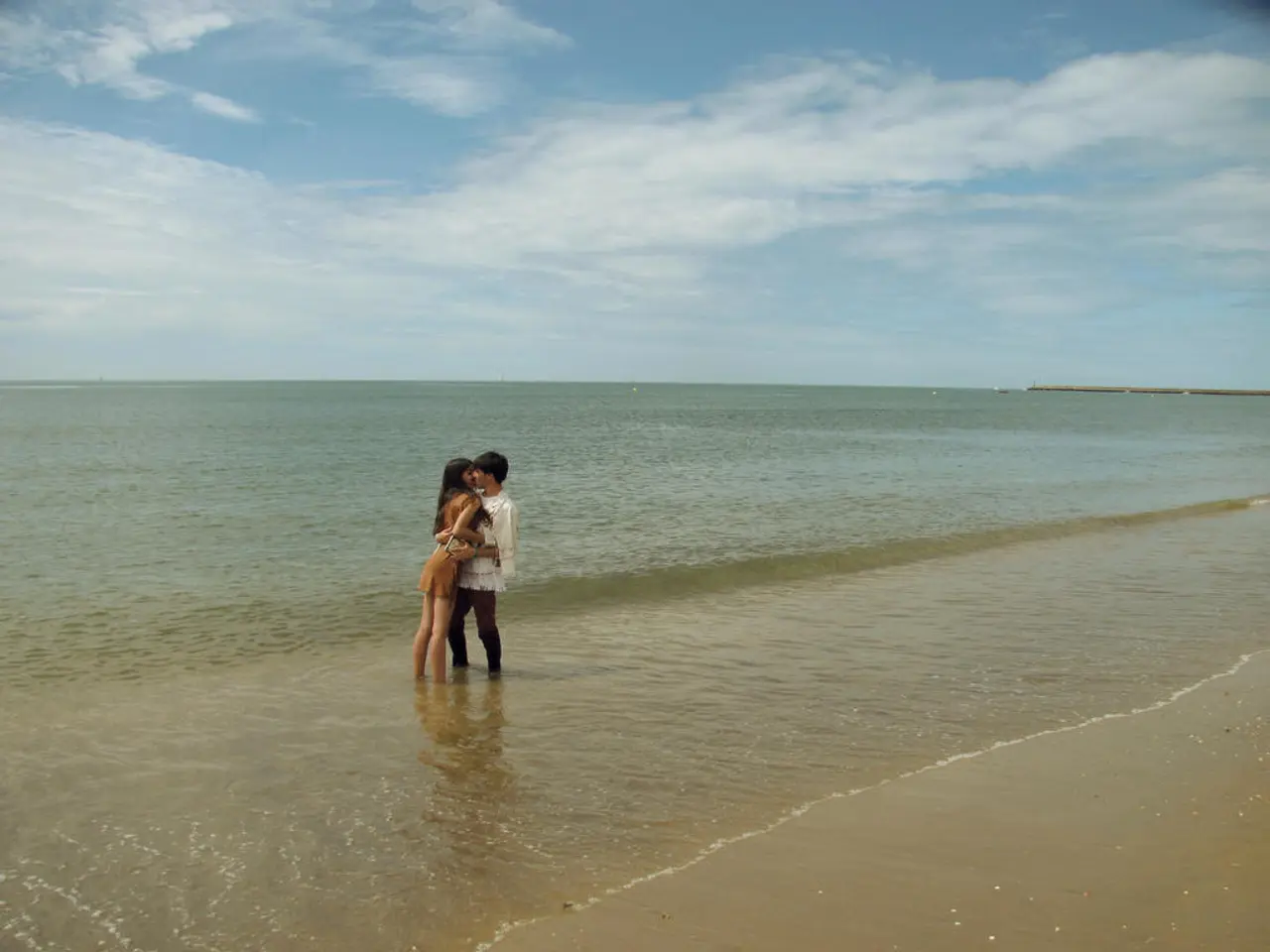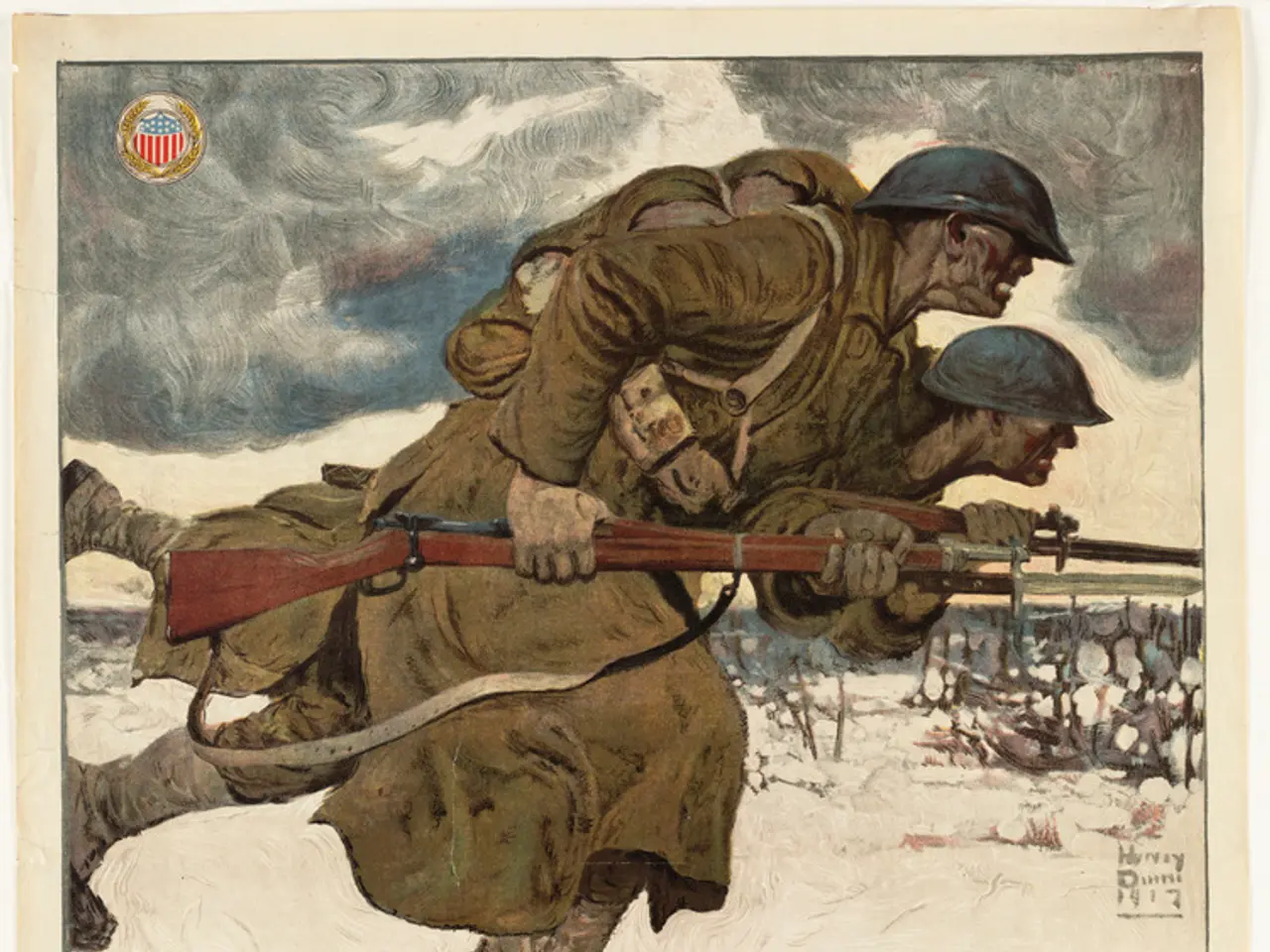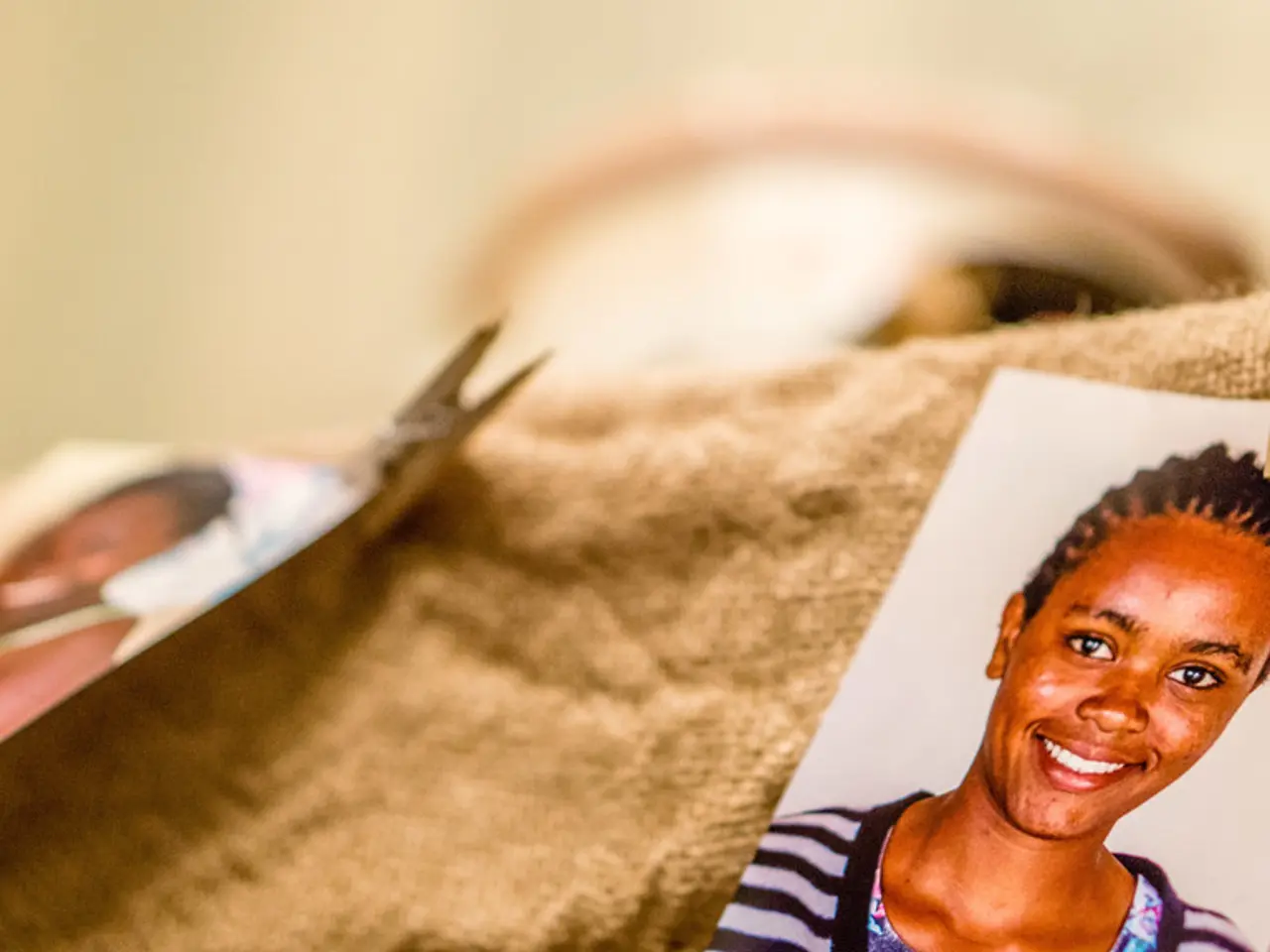Russian Foreign Minister Sergei Lavrov delivers an unusual discourse at a public event
Russia's largest airline, Aeroflot, is experiencing disruptions in its information systems, leading to temporary flight cancellations following a reported cyberattack. The Kremlin finds this development quite alarming.
Meanwhile, the conflict in Ukraine continues to be shaped by a complex alliance network. North Korea and China are playing significant but distinct roles in supporting Russia's military efforts.
North Korea has deployed more than 11,000 soldiers to fight on Russia’s side in Ukraine. Despite concerns this could risk complicating regional security, especially for China (North Korea’s nominal ally), Beijing does not oppose this support and has signaled its desire for Russia to avoid defeat. This reflects Xi Jinping’s close ties with Putin and a multilayered strategic interest in Russia’s success.
China’s role is more focused on military-industrial and technological support. China supplies Russia with drone components, advanced machinery for missile production (including blacklisted technology for ballistic and intercontinental missiles), and cutting-edge systems like the “Silent Hunter” laser defense system used against Ukrainian drones. This support includes sub-components sourced both internationally and domestically within China, indicating a sophisticated supply chain aiding Russian defense capabilities under challenging sanction conditions.
While China publicly expresses a strong partnership with Russia, leaked intelligence and diplomatic analyses suggest there remains an undercurrent of mutual distrust. Nonetheless, China’s strategic interest in bolstering Russia against the West aligns with its broader geopolitical goal to counter U.S. and NATO influence, which is also reflected in its growing defense cooperation with Russia, including plans to bypass Western weapons systems.
As the conflict rages on, Ukraine has reported a series of attacks and developments. Russian forces have attacked Ukraine overnight with over 320 drones and seven missiles, according to the Ukrainian Air Force. 309 of the drones and two of the missiles were reportedly shot down. Ukrainian forces have also killed a Russian commander of the 83rd Guards Regiment near the village of Veliky Burlyuk.
A three-year-old child is among the injured in renewed Russian drone and missile attacks on Ukraine, according to reports. The Russian forces have advanced in Siwersk and Torezk, according to analysts from the Institute for the Study of War (ISW). The Ukrainian Air Force successfully repelled a massive, combined attack on the Chmelnytskyi region.
The conflict has also taken a diplomatic turn, with former German Justice Minister Marco Buschmann defending the release of the so-called 'Tiergarten murderer' in a prisoner exchange with Russia. Russian Foreign Minister Sergey Lavrov claims that Russia is fighting alone against the entire West in a speech at a Russian youth education forum.
In a positive development, Azerbaijan will soon supply natural gas to Ukraine via the Trans-Balkan route. The Ukrainian intelligence service has arrested a Belarusian spy accused of collecting information about Ukraine's defense facilities on the border.
Russia has reportedly lost approximately 1,050,250 soldiers in Ukraine since February 22, 2022, according to the Ukrainian General Staff, including 1,000 in the last 24 hours. The US software company Auterion is sending AI-equipped drone kits to Ukraine, with plans to supply 33,000 kit sets on behalf of the US Department of Defense.
The conflict has also sparked international air defense responses. Polish air defense aircraft are in operation to ensure the security of Polish airspace due to Russian missile attacks on western Ukraine near Poland's border.
In this evolving landscape, the future of the conflict in Ukraine remains uncertain, with the combined support from North Korea, China, and other allies continuing to bolster Russia's ability to sustain and advance its military campaign.
| Country | Role in Supporting Russia in Ukraine War | Key Details | |---------------|------------------------------------------------------------------|-----------------------------------------------------------------| | North Korea | Direct military support via deployment of >11,000 troops | Troops actively fight in Ukraine; Beijing tolerates this due to its strategic alliance with Russia and Xi-Putin ties. | | China | Military-industrial and technological support | Provides drone components, missile production machinery, laser defense systems; aims to help Russia circumvent sanctions; maintains strong political partnership with Russia despite underlying distrust. |
[1] Source [2] Source [3] Source [4] Source [5] Source
- Given the ongoing conflict in Ukraine and the strategic partnership between China and Russia, it is crucial for the community to carefully monitor the employment policy regarding the sharing of sensitive military technology, as China's support of Russia includes military-industrial and technological assistance, such as supplying drone components, machinery for missile production, and laser defense systems to Russia.
- Amidst the escalating war-and-conflicts in Ukraine, the employment policy within the Kremlin and Aeroflot, Russia's largest airline, deserves attention, as a reported cyberattack has caused disruptions in their information systems, leading to temporary flight cancellations, which the Kremlin finds quite alarming. Such disruptions could have far-reaching political implications, especially in a time of ongoing conflict.





